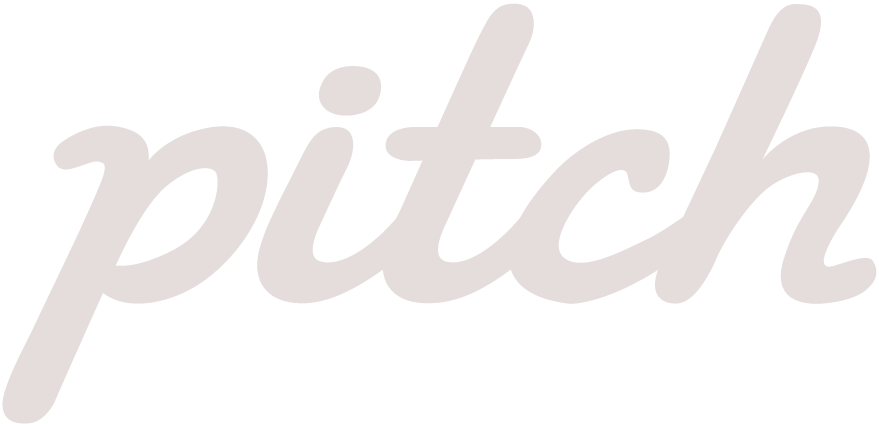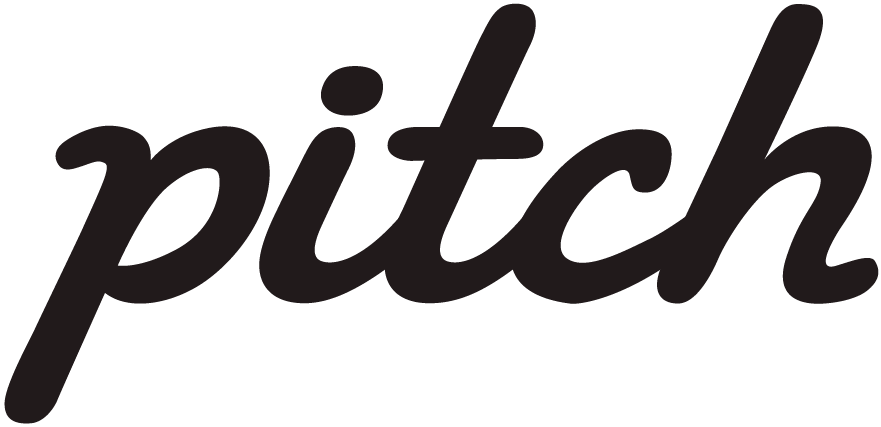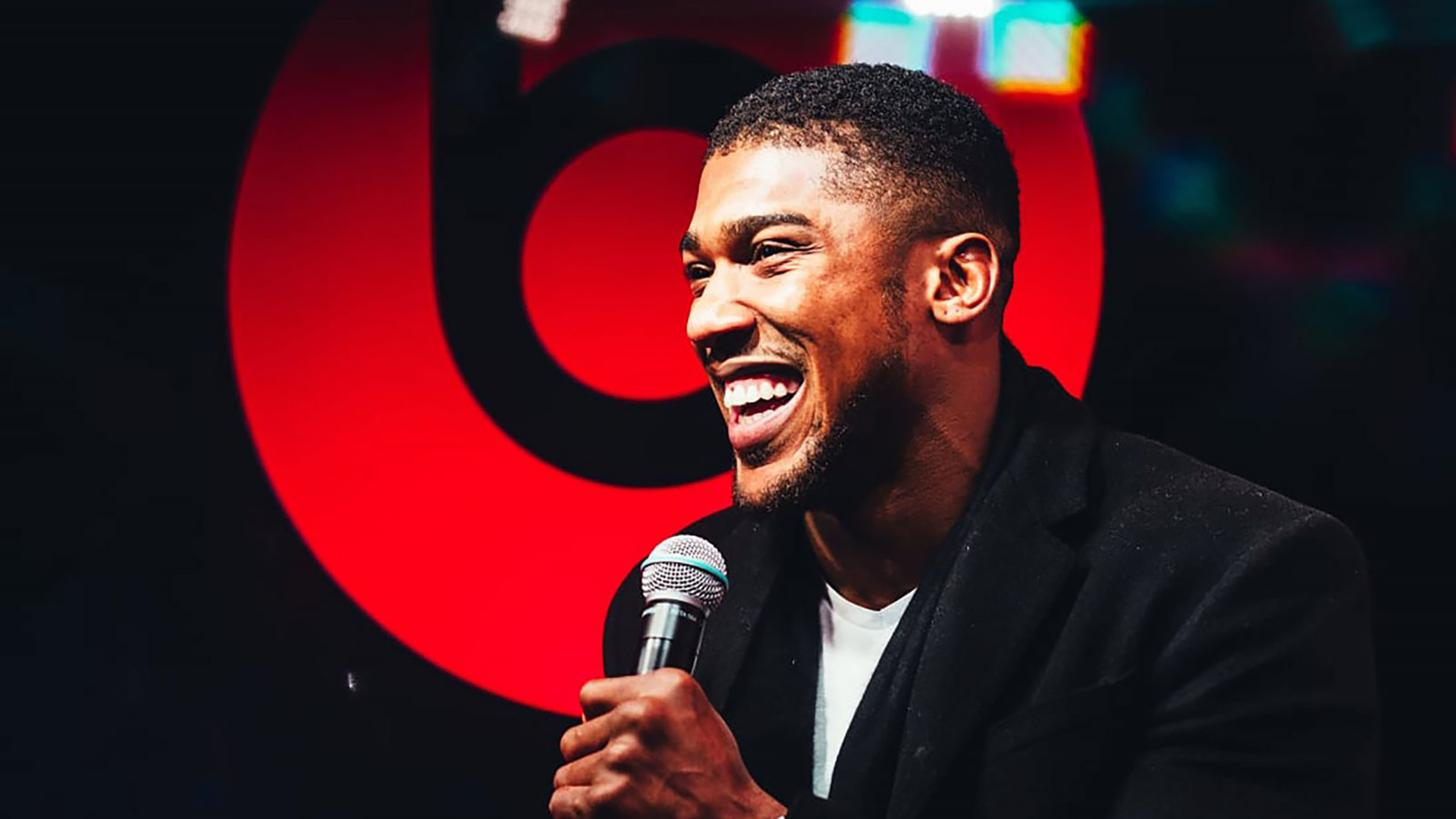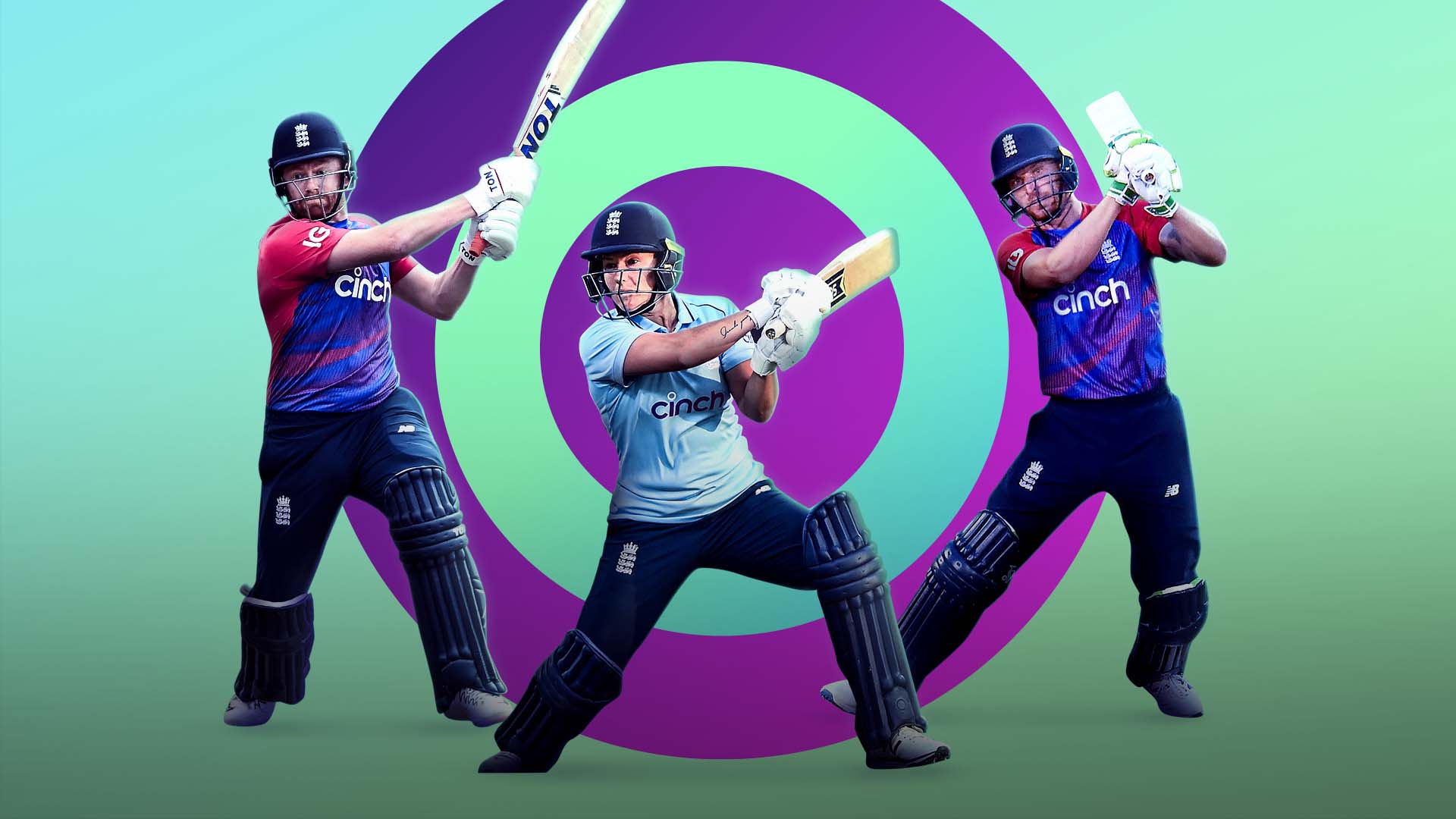The twenty clubs that make up the English Premier League have recently reached a collective total of 100million Facebook likes. Increasing 9.64% since the start of the 2013/14 domestic season, this substantial upsurge in ‘Likes’ is an impressive statistic considering the recent decrease in Facebook’s daily users.
New data offers insight into the behaviour of modern football fans on social media, highlighting the efficiency of the varying Facebook strategies employed by some of the biggest clubs in world football.
Fan Loyalty
As sports teams launch localised social media feeds to target specific geographical audiences, globalisation of football has never been a more prevalent.
Interestingly, UK fans account for just 6% of the coalesced Likes for the Premier League clubs, with Indonesia representing the highest following with 10%. South Korean fans have been revealed as particularly loyal to players from their home nation, with 16.5% of them disassociating themselves with Swansea when Ki Sung Yeung made his switch to Sunderland. Similarly 20% of Fulham’s social media fan base on Facebook comes from Costa Rica, no doubt a result of star player Bryan Ruiz’s home support.
Engagement
It comes as no surprise that the most shared content on Facebook is imagery, nor that Manchester United receives the most shares per post (1,135). However, in relation to their number of fans, their engagement levels still have some way to go.
Fulham, intriguingly, receive the highest level of engagement per post as a percentage of their fans – 0.20% putting them top of the engagement table, despite their relegation zone position in the league.
While engagement might be up lower down the table, it’s still the big four that are driving the biggest numbers. Of the 100 million Premier League Likes, 80% are shared by Manchester City, Arsenal, Chelsea and Manchester United.
This is partly down to the popularity of these clubs, which is of course going to be a big factor. However, the type and frequency of the content also needs to be considered, Stoke City currently average less than one post a day compared to the five or more daily posts of Man UTD.
What It Means
Facebook is providing a hub of activity, away from a more corporate website domain allowing clubs to engage directly with their growing global fanbase. There is also the transparency that social media analytics can provide in terms of having a better understanding about what fans want.
Not taking advantage of that can be down to a variety of reasons (resource, expertise, access) but the numbers speak for themselves and social media is undoubtedly a commercial opportunity. The next step is to make sure the ‘Likes’ get turned in to returning fans and not ‘un-Likes’.






